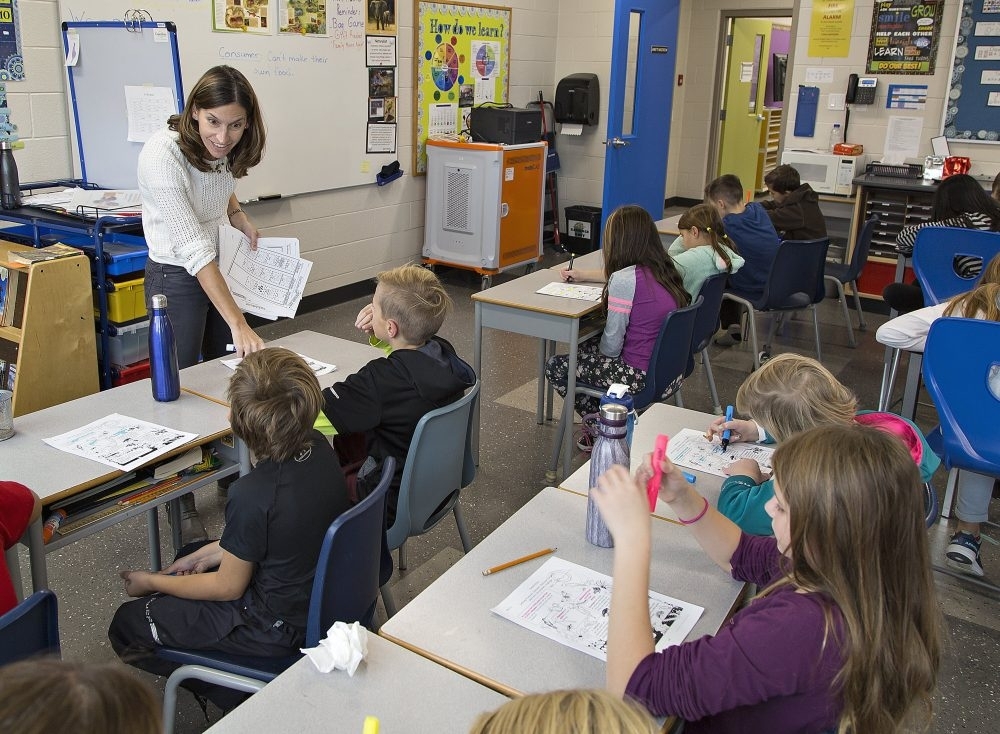Education
Parents Demand Voice in Winnipeg Schools Amid Curriculum Changes

As the back-to-school season unfolds, many families in Winnipeg are grappling with increasing frustration over their lack of involvement in their children’s education. Reports indicate that parents feel sidelined in discussions around curriculum content, which has become a contentious issue. Topics such as Indigenous history, gender identity, and sexual education have ignited heated debates. Yet, many parents are often informed only after decisions have been made by school boards or provincial education departments.
According to a 2023 Fraser Institute survey, a significant 70 percent of Canadian parents expressed a desire for more involvement in educational decisions, while only 30 percent felt adequately included. This disconnect raises concerns about the effectiveness of public schools in serving their communities.
Controversial Curriculum Changes Spark Parental Outcry
One of the most contentious aspects of the current educational landscape involves the portrayal of Canadian history. Educational materials for students are undergoing significant revisions. Traditional narratives about the nation’s founding and its past leaders are being downplayed. Instead, there is a growing emphasis on historical injustices, such as residential schools and systemic discrimination. While these subjects are undeniably important, many parents worry that an unbalanced approach may lead to a distorted understanding of Canada’s history.
Parents argue that history education should promote critical thinking and perspective rather than ideological bias. The absence of parental input has tangible effects on the education system. In Manitoba, enrollment in private schools increased by 12 percent from 2018 to 2023, while the number of homeschooling families surged by nearly 20 percent. Many families are choosing to withdraw their children from public schools due to a perceived lack of consultation regarding curriculum changes.
The Need for Transparency and Collaboration
This situation is more than a reflection of political opinions; it centers on issues of trust, transparency, and parental rights. Historically, in the 1980s and 1990s, curriculum updates were introduced through public consultations, allowing parents to provide feedback and engage in the decision-making process. This collaborative model fostered accountability between schools and the communities they serve. In contrast, today’s system often operates behind closed doors, leaving parents feeling frustrated and disenfranchised.
The current atmosphere in classrooms is one of tension, with educators caught in the midst of politically charged discussions without adequate support. Involving parents does not equate to controlling educational content; rather, it fosters a partnership where parental insights can enhance learning outcomes. Open dialogue, advisory committees, and review panels could serve as effective strategies to ensure that families have a voice in the education process.
Several states in the United States have successfully implemented parental review panels, demonstrating that family engagement can coexist with academic rigor. The stakes are high, as public education thrives on collaboration among all stakeholders. When parents feel excluded, trust diminishes, student enrollment declines, and community cohesion is jeopardized.
As the school year begins this September, parents in Winnipeg and throughout Manitoba are urged to advocate for their involvement in educational discussions. As history is being reexamined, values debated, and educational philosophies assessed, it is crucial that public schools prioritize transparency and inclusivity. The future of education depends on a collaborative approach that recognizes the importance of parental voices in shaping the curriculum.
The current curriculum debates are inevitable, but exclusion of parents from these discussions should not be part of the equation. For public education to succeed, it must embrace the perspectives of families and ensure decisions are made openly, fostering a supportive environment for students.
Heather Klein is the Editor of The Graphic Leader. Readers are encouraged to share their thoughts on the developments in Winnipeg, Manitoba, or globally by sending letters to the editor at [email protected].
-

 Politics3 months ago
Politics3 months agoSecwepemc First Nation Seeks Aboriginal Title Over Kamloops Area
-

 World7 months ago
World7 months agoScientists Unearth Ancient Antarctic Ice to Unlock Climate Secrets
-

 Top Stories1 month ago
Top Stories1 month agoUrgent Fire Erupts at Salvation Army on Christmas Evening
-

 Sports1 month ago
Sports1 month agoCanadian Curler E.J. Harnden Announces Retirement from Competition
-

 Lifestyle5 months ago
Lifestyle5 months agoManitoba’s Burger Champion Shines Again Amid Dining Innovations
-

 Top Stories2 months ago
Top Stories2 months agoFatal Crash on Highway 11 Claims Three Lives, Major Closure Ongoing
-

 Entertainment7 months ago
Entertainment7 months agoTrump and McCormick to Announce $70 Billion Energy Investments
-

 Science7 months ago
Science7 months agoFour Astronauts Return to Earth After International Space Station Mission
-

 Lifestyle7 months ago
Lifestyle7 months agoTransLink Launches Food Truck Program to Boost Revenue in Vancouver
-

 Technology5 months ago
Technology5 months agoApple Notes Enhances Functionality with Markdown Support in macOS 26
-

 Top Stories1 month ago
Top Stories1 month agoBlue Jays Sign Kazuma Okamoto: Impact on Bo Bichette’s Future
-

 Top Stories2 months ago
Top Stories2 months agoNHL Teams Inquire About Marc-André Fleury’s Potential Return




















